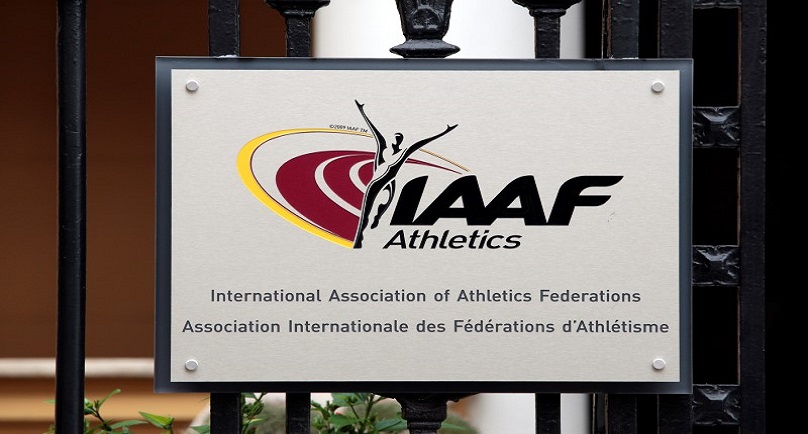Image: A view shows a plaque at the IAAF (The International Association of Athletics Federations) headquarters in Monaco November 4, 2015. REUTERS/Eric Gaillard
LONDON (Reuters) – The governing body of world athletics has promised to double the anti-doping budget as part of a 10-point “road map” to restore trust in the sport.
The International Association of Athletics Federations (IAAF) released a statement on Tuesday outlining five steps for “building trust in the governing body” and five more for “building trust in competition”.
The measures include increasing the anti-doping budget to $8 million, doubling the international testing pool of athletes to 1,000 and establishing a separate integrity unit for track and field.
The aim of the plan, according to the IAAF, is to make the governing body “an accountable, responsible and responsive organisation”.
The sport was plunged into crisis at the end of last year after an initial report by the independent commission of the World Anti-Doping Agency (WADA) detailed systematic, state-sponsored doping and related corruption in Russia.
The IAAF itself has also been beset by corruption allegations regarding the taking of bribes to cover up doping.
Retired president Lamine Diack, who has now been succeeded by Sebastian Coe, was last month placed under formal investigation by French authorities on suspicion of corruption and money laundering.
Coe, who is under fire for having taken too long to act on allegations of impropriety within the governing body, said he was under no illusions about the seriousness of the issues facing the organisation.
“I am president of an international federation which is under serious investigations and I represent a sport under intense scrutiny,” he said in the statement.
“My vision is to have a sport that attracts more young people. The average age of those watching track and field is 55 years old. This is not sustainable.
“The key to making that vision a reality is creating a sport that people once more trust in,” added Coe.
“Athletics must be a sport that athletes, fans, sponsors, media and parents alike know is safe to compete in on a level playing field and one in which clean effort is rewarded and celebrated.”
The second part of WADA’s independent commission report is due to be released on Jan. 14.
(Reporting by Toby Davis; editing by Tony Jimenez)
Copyright 2015 Thomson Reuters. Click for Restrictions.


